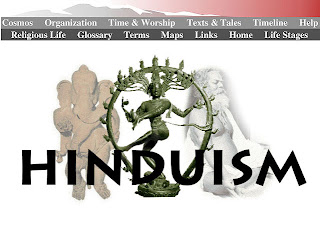Not
just walk, but Live by Faith, and not by sight.
I don’t see it; therefore I do not
believe. I don’t feel it, that’s why I don’t believe. Maybe, this rational
individualism could be true. It is not impossible that the presence of evidence
and testimony could be one’s basis of believing that something or maybe someone
really exists. On the same hand, it is
also dependent in every ideas of philosophy that every man lets to conquer
their intellect.
However, there is the presence of
existing idea that would make us to hold on with our beliefs. The unseen force
that would make us believes even in the absence of testimonies and evidences.
That the feeling will suddenly invade our sight and be blind for those tangible
things that we are finding for, and let us be just contented with our
philosophies, thus the ample sincerity of our dogmas, welcomes faith.
We believe that there is air, even
wind, though we don’t see it. We only feel it, and that’s it, all of us
believe. However, if we stated that there is God, only the most believes, and
still there are those some who whole fully doubts. Why? Because we don’t see
him? Because we don’t feel him?
Your faith extents your beliefs, but
you defines your faith.











